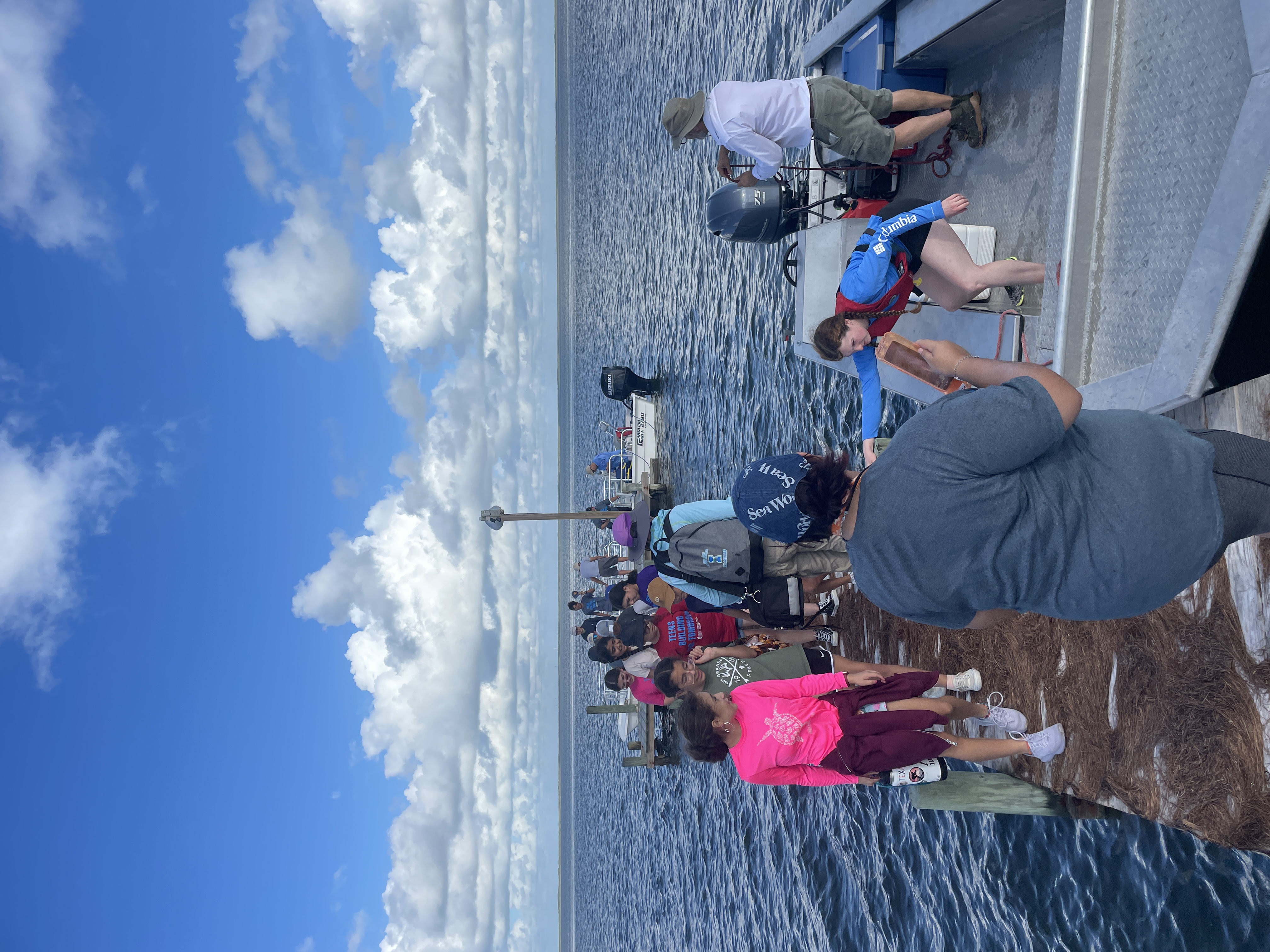Education & Outreach Projects
Education & Outreach Program
At the Center for Coastal Studies, we are dedicated to advancing knowledge and fostering awareness about coastal ecology, wetlands conservation, and the sustainable use of precious coastal resources. Our commitment to education goes beyond research- it’s about engaging the community, students, and educators to inspire a deeper understanding of the complex ecosystems that shape our coastal environment.

Advocating for Coastal Education
Education is at the heart of what we do. We believe that by educating individuals of all ages, we can cultivate a community of environmentally conscious citizens and future leaders who are passionate about protecting our coastal ecosystems. Through our various outreach programs, we advocate for science-based learning and stewardship of the fascinating habitats found in the Gulf Coast.
The Environmental Learning Center
Our programs immerse participants in real-world coastal science. The Environmental Learning Center is our on-campus facility where education comes to life. Designed to engage visitors of all ages, the Environmental Learning Center provides:
- Hands-on Activities
- Educational Presentations
- Demonstrations
- Guided Field Excursions


School Partnerships
The Center for Coastal Studies aims to strengthen partnerships with local schools and plans to provide educational resources, interactive learning modules, and in-class presentations to inspire the next generation of coastal scientists. If you are interested in bringing our Education and Outreach program to your classroom, feel free to reach out to mario.deleon@tamucc.edu !
Get Involved!
Whether you are a student, educator, or community member, our Education and Outreach program has something for everyone. Together, we can help make a difference and increase awareness!
Plan your visit to the Environmental Learning Center or check out our upcoming events to learn how you can get involved. For more information, contact us at centerforcoastalstudies@tamucc.edu or follow us on social media to stay updated on our latest projects!